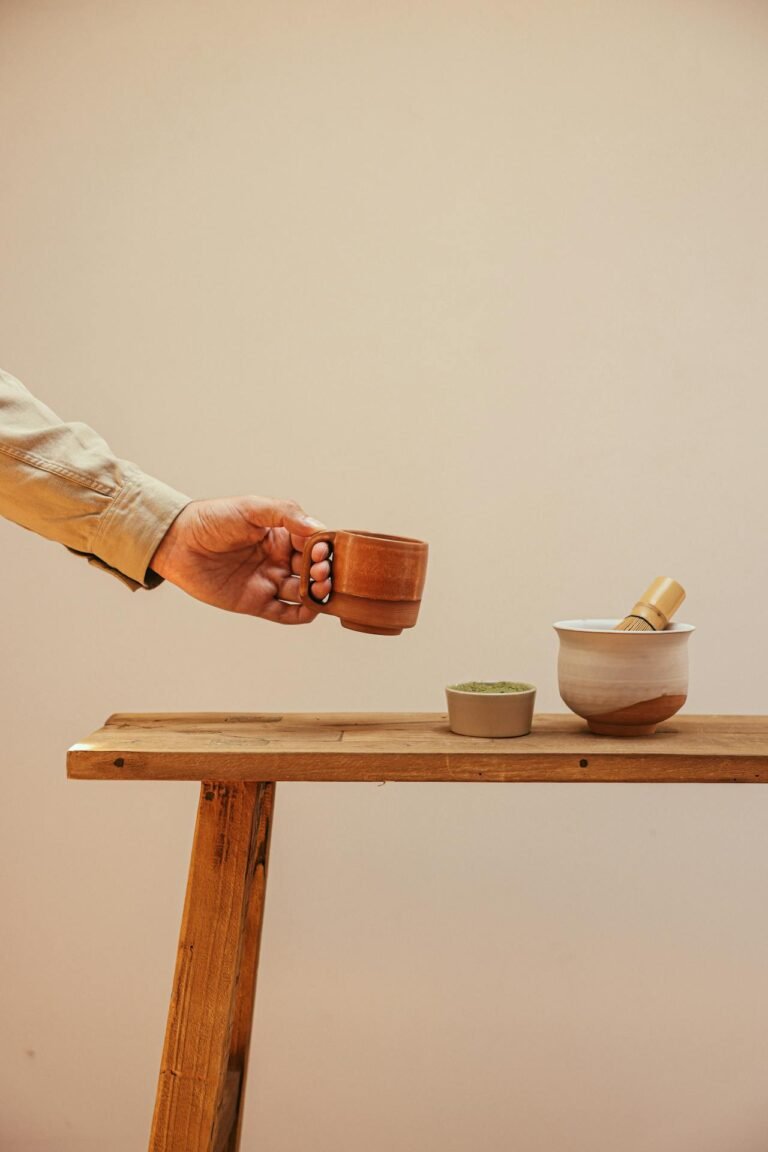Ways to Slow Down and Find Peace in Your Busy Life
Are you feeling overwhelmed by the fast pace of life? Do you find yourself constantly rushing from one task to the next without taking a moment to breathe? It’s time to slow down and enjoy life. Taking a step back and finding ways to slow down can help reduce stress, increase productivity, and improve overall well-being. In this article, we’ll explore some simple ways to slow down and enjoy life.
One way to slow down is to practice mindfulness. Mindfulness is a form of meditation that involves paying attention to the present moment without judgment. It can help you become more aware of your thoughts and feelings, and help you stay focused on the present. Try taking a few minutes each day to sit quietly and focus on your breath. Notice the sensation of the air moving in and out of your body, and let go of any thoughts or distractions that come up.
Another way to slow down is to disconnect from technology. We live in a world where we are constantly connected to our devices, and it can be difficult to disconnect. However, taking a break from technology can help reduce stress and improve mental health. Try setting aside some time each day to unplug and do something you enjoy, like reading a book or going for a walk. This can help you recharge and feel more present in the moment.
Mindfulness Techniques
Slowing down can be challenging, but mindfulness techniques can help you find a sense of calm and relaxation. Here are some mindfulness techniques that you can practice:
Breathing Exercises
Breathing exercises can help you relax and focus on the present moment. One simple breathing exercise is to take a deep breath in through your nose, hold it for a few seconds, and then exhale slowly through your mouth. Repeat this several times, focusing on the sensation of the breath moving in and out of your body. You can also try counting your breaths, inhaling for a count of four, holding for a count of four, and exhaling for a count of four.
Meditation Practices
Meditation is a practice that involves focusing your attention on a particular object, thought, or activity to help you calm your mind and reduce stress. There are many different types of meditation practices, including mindfulness meditation, loving-kindness meditation, and body scan meditation. Mindfulness meditation involves focusing your attention on the present moment, while loving-kindness meditation involves cultivating feelings of love and compassion towards yourself and others. Body scan meditation involves systematically scanning your body from head to toe, noticing any sensations or areas of tension.
Mindful Movement
Mindful movement practices, such as yoga or tai chi, can help you connect your mind and body, reduce stress, and increase relaxation. These practices involve moving your body in a slow, deliberate manner, while focusing on your breath and the sensations in your body. You can also practice mindful movement by simply taking a walk in nature, noticing the sights, sounds, and smells around you, and focusing on your breath and the sensations in your body as you move.
Remember, mindfulness techniques take time and practice to master, but with regular practice, you can learn to slow down and find a sense of calm and relaxation in your daily life.
Lifestyle Changes
If you want to slow down and improve your quality of life, making some lifestyle changes can be a great start. Here are some simple adjustments you can make to your daily routine that can help you feel more relaxed and rejuvenated.
Dietary Adjustments
What you eat can have a significant impact on your overall health and wellbeing. To slow down, consider making some dietary adjustments. Start by incorporating more whole foods, fruits, vegetables, lean proteins, nuts, and seeds into your diet. These foods are packed with essential nutrients that can help you feel more energized and focused throughout the day.
In addition to eating a balanced diet, it’s also important to moderate your intake of processed foods, especially processed carbs and sugars. These foods are often designed for overindulgence and cravings, which can lead to overeating and weight gain. Instead, opt for healthy snacks like fresh fruits, veggies, and nuts, which can help you feel satisfied without the added sugar and calories.
Sleep Hygiene
Getting enough sleep is essential for your physical and mental health. If you’re having trouble sleeping, consider making some changes to your sleep hygiene. Start by establishing a regular sleep routine and sticking to it as much as possible. This can help regulate your body’s internal clock and promote better sleep quality.
Other tips for improving your sleep hygiene include avoiding caffeine and alcohol before bed, keeping your bedroom cool and dark, and avoiding screen time for at least an hour before bed. Additionally, consider investing in a comfortable mattress and pillows that can help you get a good night’s sleep.
Digital Detox
In today’s fast-paced world, it’s easy to get caught up in the constant stream of information and notifications from our digital devices. To slow down, consider taking a digital detox. This means taking a break from your phone, tablet, and computer for a set period, such as a day or a weekend.
During your digital detox, focus on activities that help you relax and unwind, such as reading a book, taking a walk in nature, or spending time with loved ones. By disconnecting from the digital world, you can give your brain a much-needed break and reconnect with the present moment.
Time Management Strategies
Managing your time effectively is a key component of slowing down and reducing stress. By prioritizing, delegating, and saying no, you can take control of your schedule and create more space for relaxation and self-care.
Prioritization
One of the most important time management strategies is prioritization. By identifying the most important tasks and tackling them first, you can make sure that you are making progress on your most pressing responsibilities. Consider creating a to-do list each day and ranking items in order of importance. This will help you stay focused and avoid getting sidetracked by less important tasks.
Delegation
Another effective time management strategy is delegation. It can be tempting to try to do everything yourself, but this can lead to burnout and overwhelm. By delegating tasks to others, you can free up time and mental energy to focus on what really matters. Identify tasks that can be done by others and delegate them accordingly. This could mean outsourcing work to a freelancer, asking a colleague for help, or simply delegating tasks to family members or friends.
Saying No
Learning to say no is a key part of effective time management. It can be difficult to turn down requests from others, but saying yes to everything can lead to overcommitment and stress. Consider setting boundaries around your time and learning to say no when you need to. This could mean declining invitations to events that don’t align with your priorities, or simply letting colleagues know that you are not available for additional work. By saying no when necessary, you can create more space for the things that really matter to you.





